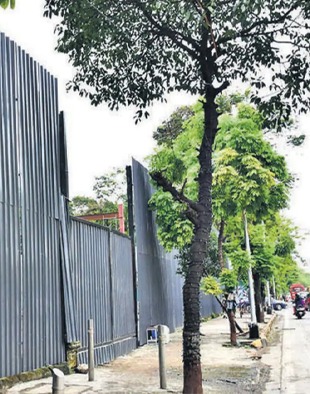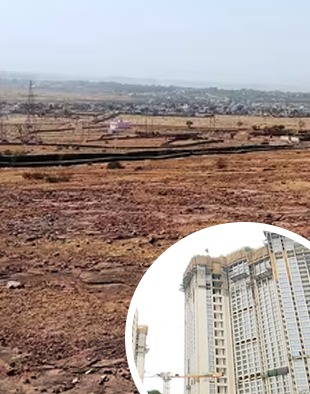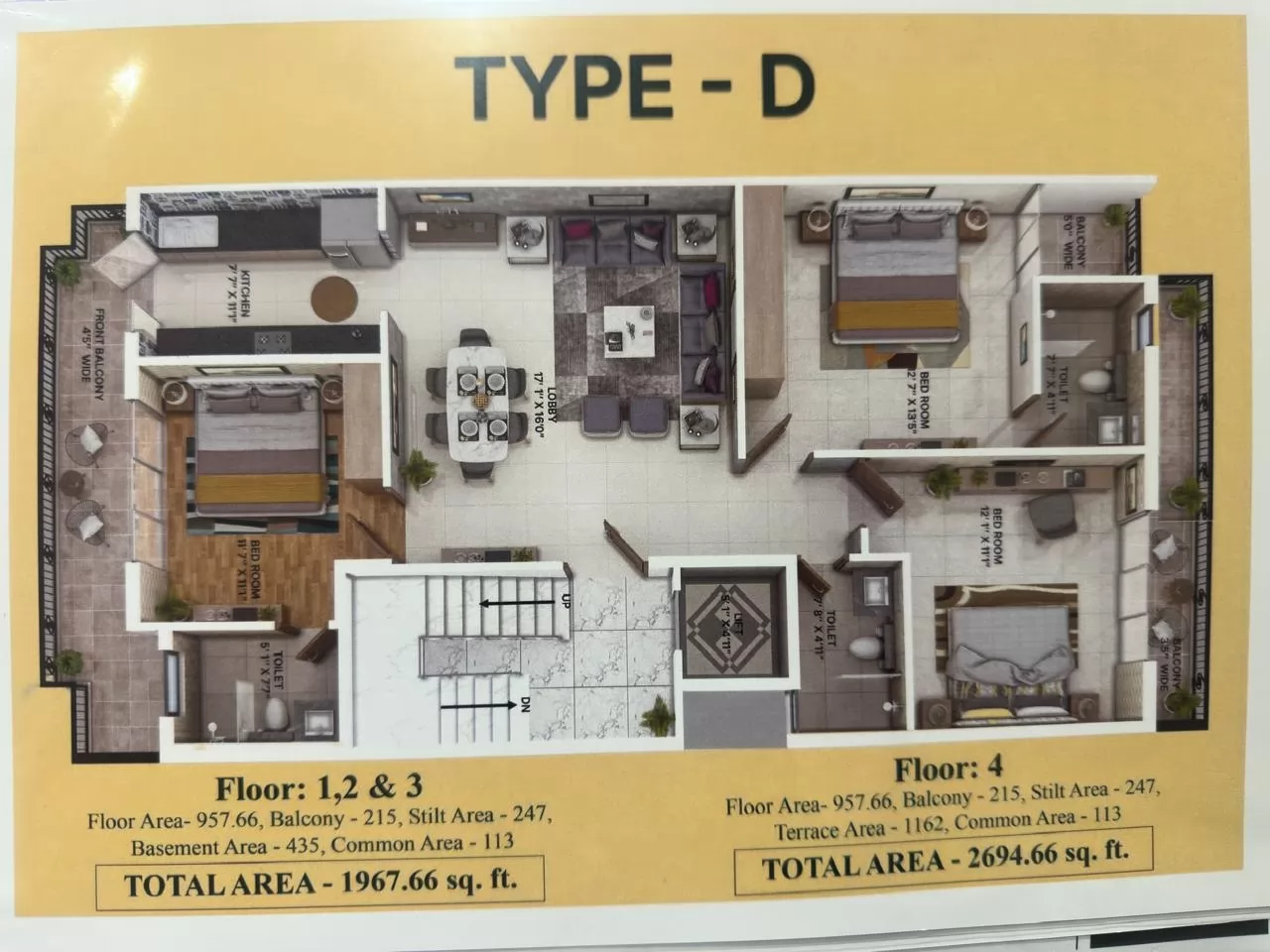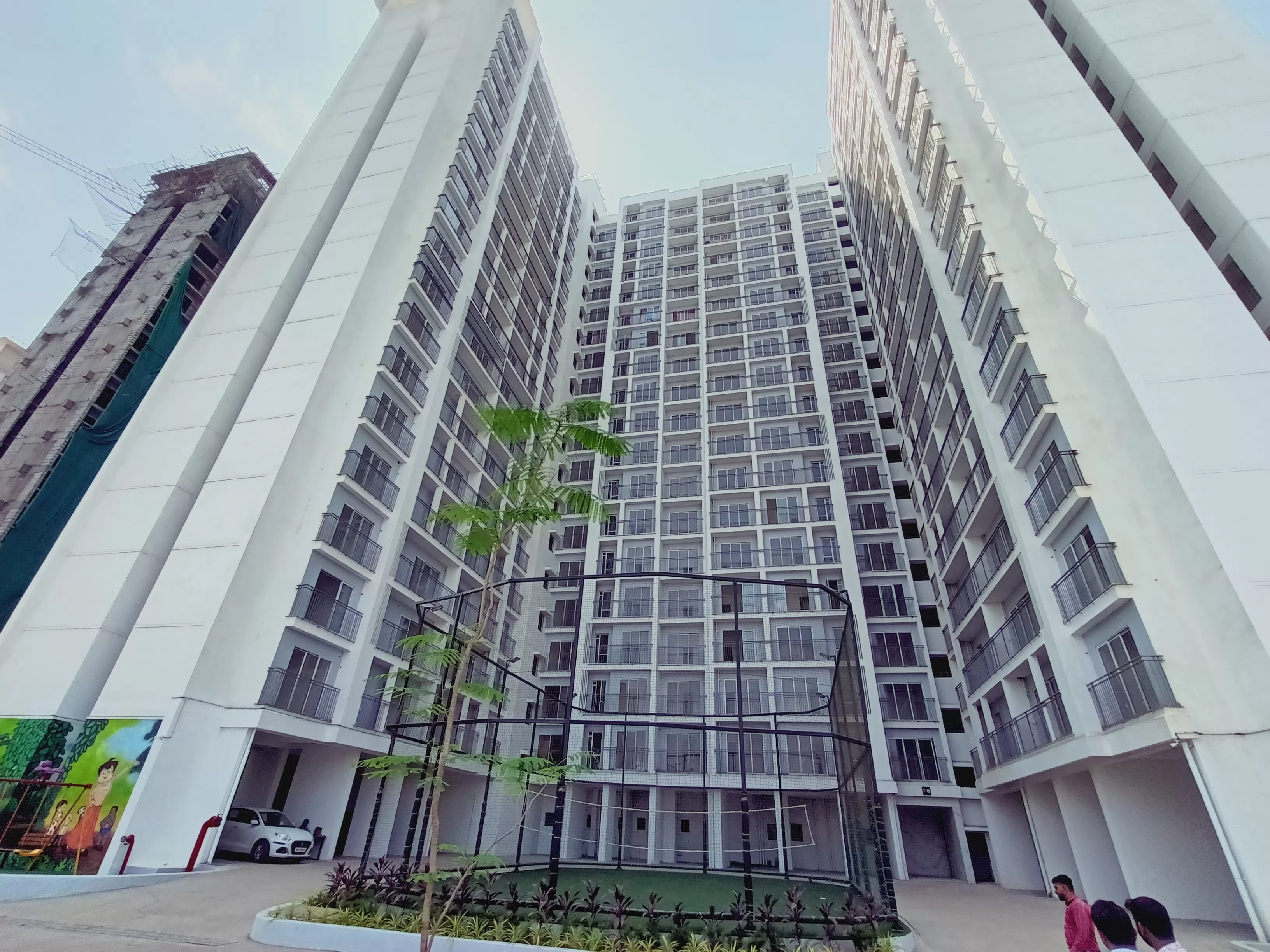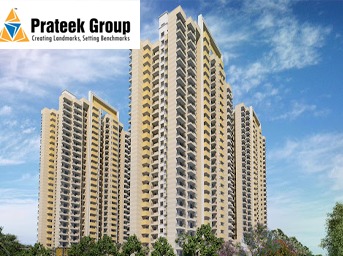Want to buy real estate in Dubai? Here's all you should know.
By Bricksnwall | 2024-11-04
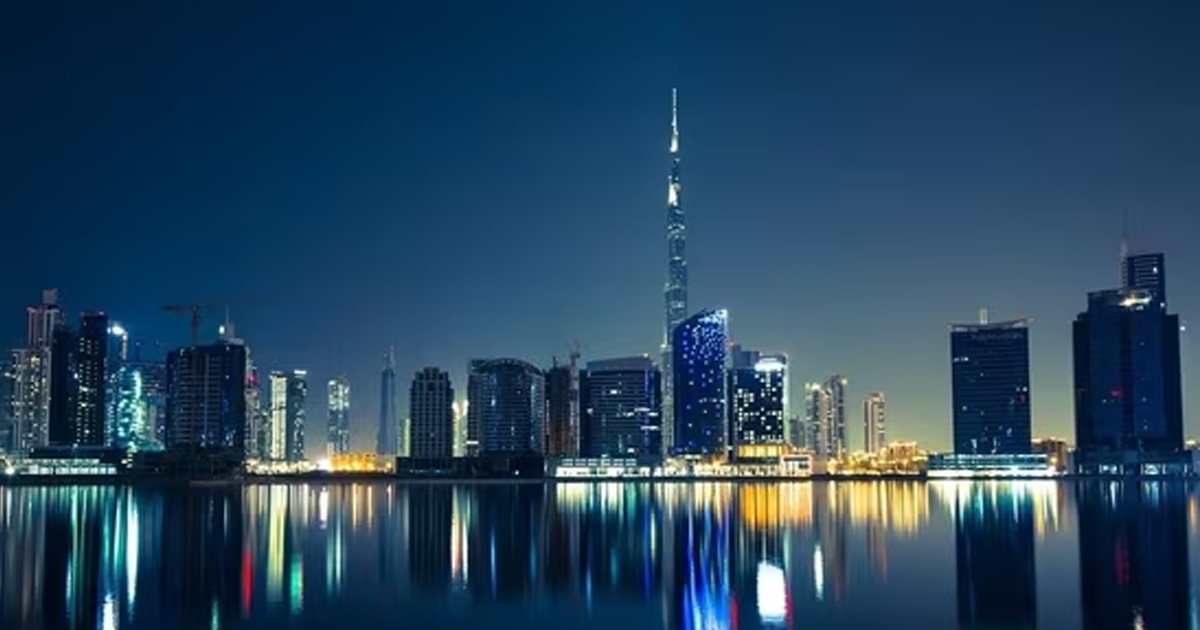
Dubai's property market, which has been on an upswing throughout the previous three years, counts Indians among its top global property buyers.
Dubai, the city of skyscrapers, has grown in
popularity among worldwide investors, especially Indian high net worth
individuals (HNIs), because to its cheap taxes, high yields, safety, and
reputation as an international transportation hub. Since 2021, the average
value of residential property transactions in Dubai, including villas and
apartments, has steadily increased.
According to recent data from property consultancy
Knight Frank, the total number of properties available for sale in Dubai's
premium markets decreased by 47% during the first six months of 2024, while
prime residential property prices increased by 7%.
The research also stated that 190 properties priced
at more than $10 million were sold in Dubai during the first half of the year,
making it the most active luxury property market globally, ahead of New York
(130) and Miami (102).
Despite rising costs, Dubai remains one of the world's most affordable luxury real estate marketplaces. According to Knight Frank's 2024 Wealth Report, $1 million gets around 980 square feet of prime residential property in Dubai, against 366 square feet in New York, 355 square feet in London, 1,109 square feet in Mumbai, and only 172 square feet in Monaco.
This affordability, combined with additional
reasons such as ease of property ownership, advantageous visa and mortgage
rules, tax benefits, strong rental returns, and capital value increase, has
made Dubai a popular destination in recent years. So, if you're wanting to
invest in real estate in Dubai, here's a full primer to get you started.
Legal mandates
A resident Indian's investment in real estate
overseas, especially in Dubai, is governed by two important regulations: the
Foreign Exchange Management Act of 1999 and the Income Tax Act of 1961.
FEMA laws allow residents to transfer up to $ 2,50,000 (about ₹2.1 crore) per year under the Liberalised Remittance Scheme for purchasing immovable property. The aforementioned limit is for an individual, thus a family wishing to purchase a larger property can remit cash in larger sums by combining their individual limits.
It is important to note, however, that such
remittances cannot be made using borrowed cash or bank loans. However, family
members may donate funds to one another and remit them under LRS, which is
permitted.
"All income produced directly from such
property is taxed in India. This includes rental income and capital
profits," said Dhruv Chopra, Managing Partner at Dewan P N Chopra &
Co.
Purchase and Registration
According to real estate players, purchasing a house in Dubai is a very simple process. To get started, all you need is a passport, visa, proof of income, current bank statements, a no-objection certificate from the developer, a purchase agreement, payment details, and evidence of the seller's identity.
"Foreigners may purchase freehold properties in designated locations (without a resident visa). There is no requirement for a local sponsor," stated Akash Puri, Director - International at India Sotheby's International Realty. He noted that there is a 4% registration fee levied by the Dubai Land Department (DLD), and mortgages are available to foreigners, but the terms are determined by the buyer's residence and credit history.
In contrast, Abu Dhabi predominantly enables
foreign ownership through leasehold arrangements in particular regions such as
Al Reem Island and Saadiyat Island, where properties can be leased for up to 99
years', said Manoj Dharmani, CEO of DUDigital Global Ltd.
The DLD updates freehold areas on an annual basis. This category includes locations such as The Palm Jumeirah, Downtown Dubai, Burj Khalifa, Dubai Marina, Emirates Hills, Bartha Heights, Business Bay, and Blue Water Island.
Preferred neighbourhoods and prices
Sectoral expertise are listed. Downtown Dubai and
the Palm Jumeirah are the city's most luxurious residential districts.
Meanwhile, Dubai Marina and Jumeirah Beach are popular among expats and
professionals.
Puri emphasised that rising places such as Dubai
Hills Estate and Dubai Creek Harbour are gaining popularity for their
contemporary infrastructure and future expansion possibilities.
"High-net-worth individuals seek prime properties, particularly in areas such as Palm Jumeirah, Business Bay, and Emirates Hills." "These buyers frequently purchase villas or penthouses in exclusive neighbourhoods for millions of dollars," stated Rizwan Sajan, Founder and Chairman of Danube Group.
Taxation and visa programmes
Among the most compelling aspects for property
buyers is Dubai's tax-free environment on personal income and capital gains,
which is especially alluring to Indian investors used to higher tax rates.
Furthermore, owning property in the city can result in eligibility for a Golden Visa. However, certain conditions must be met. "To qualify for the Golden Visa, individuals must invest at least AED 2 million (about ₹5 crore) in real estate or approved investments," Dharmani explained.
Source: Hindustan Times
